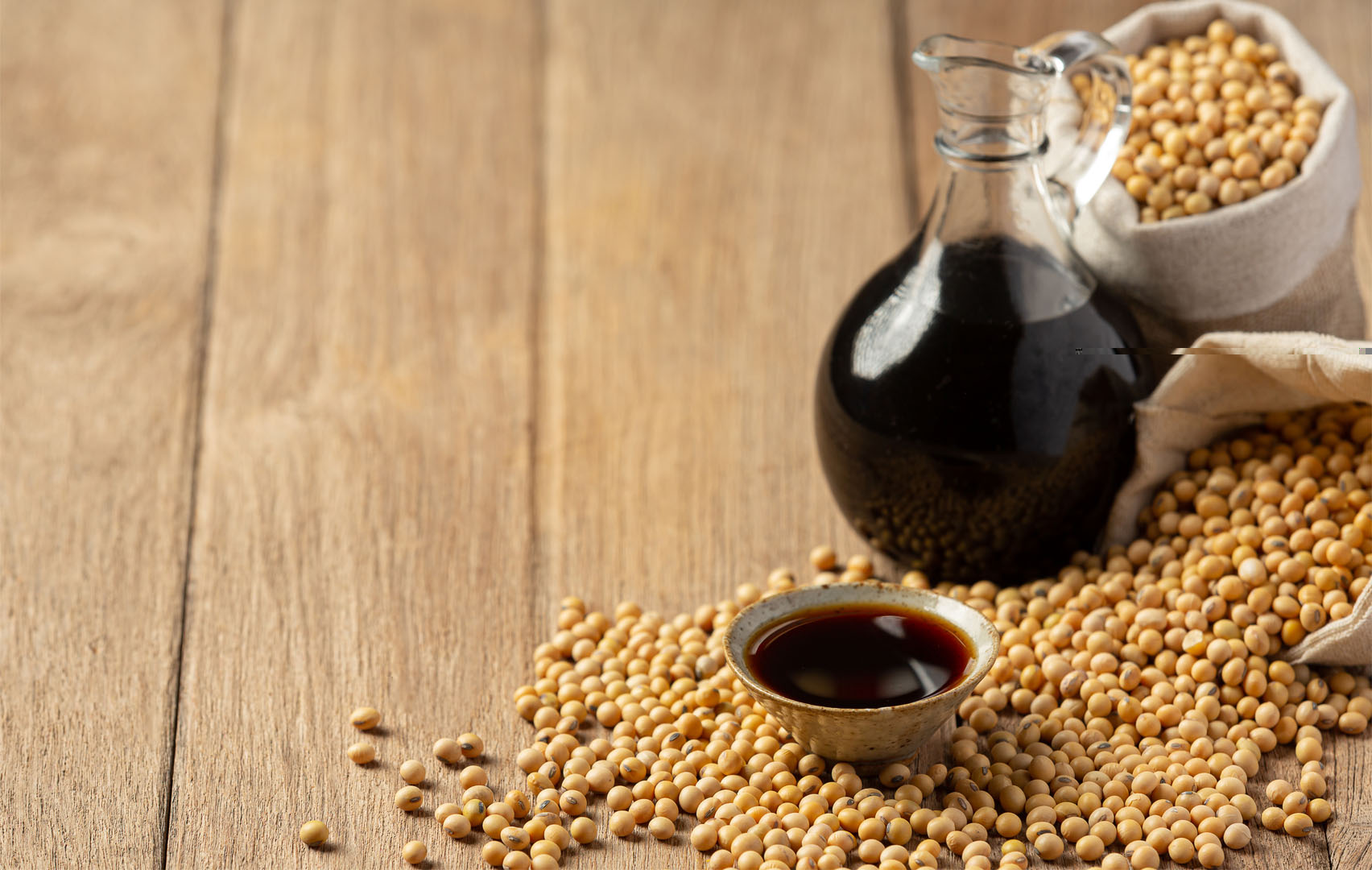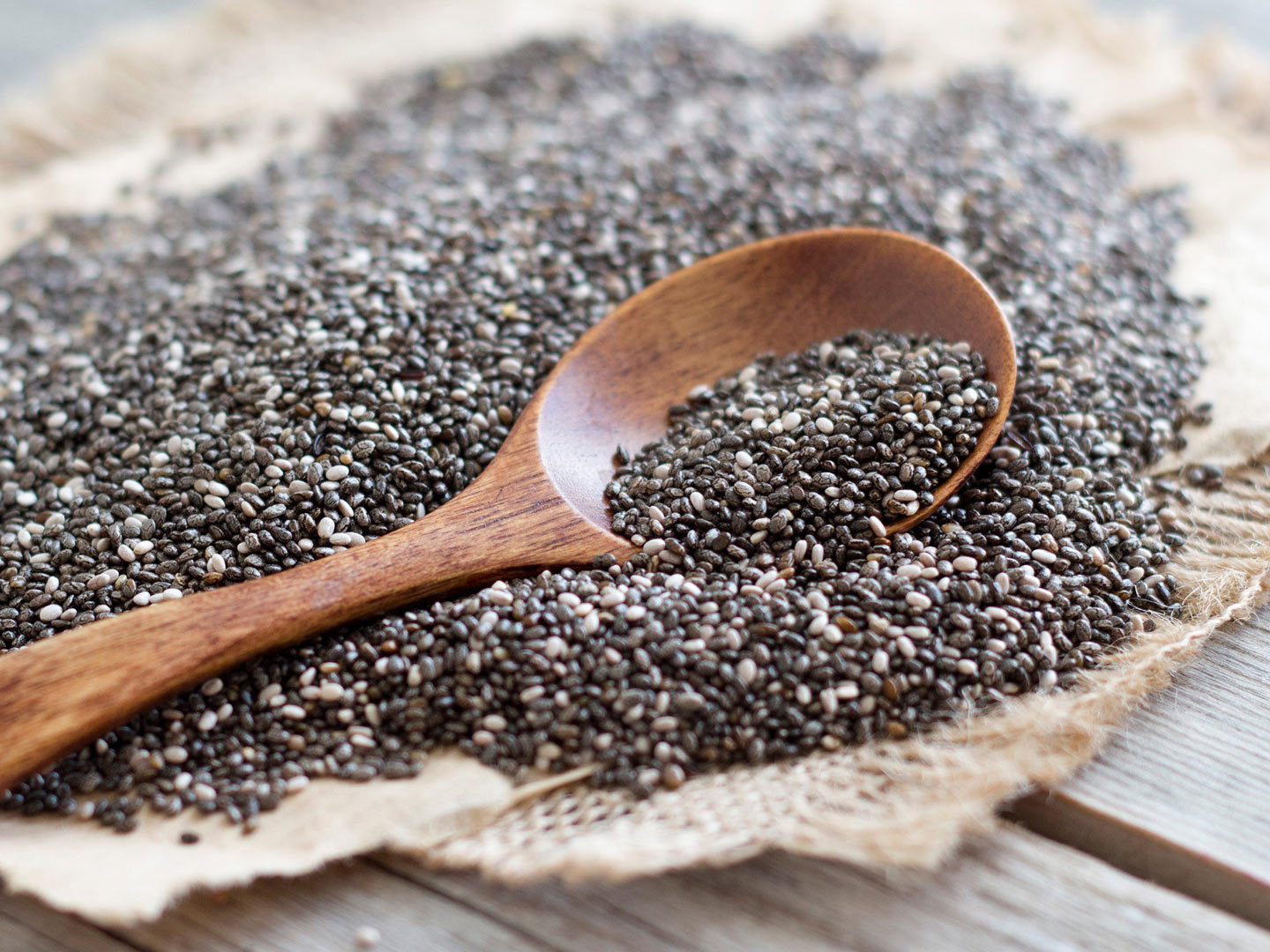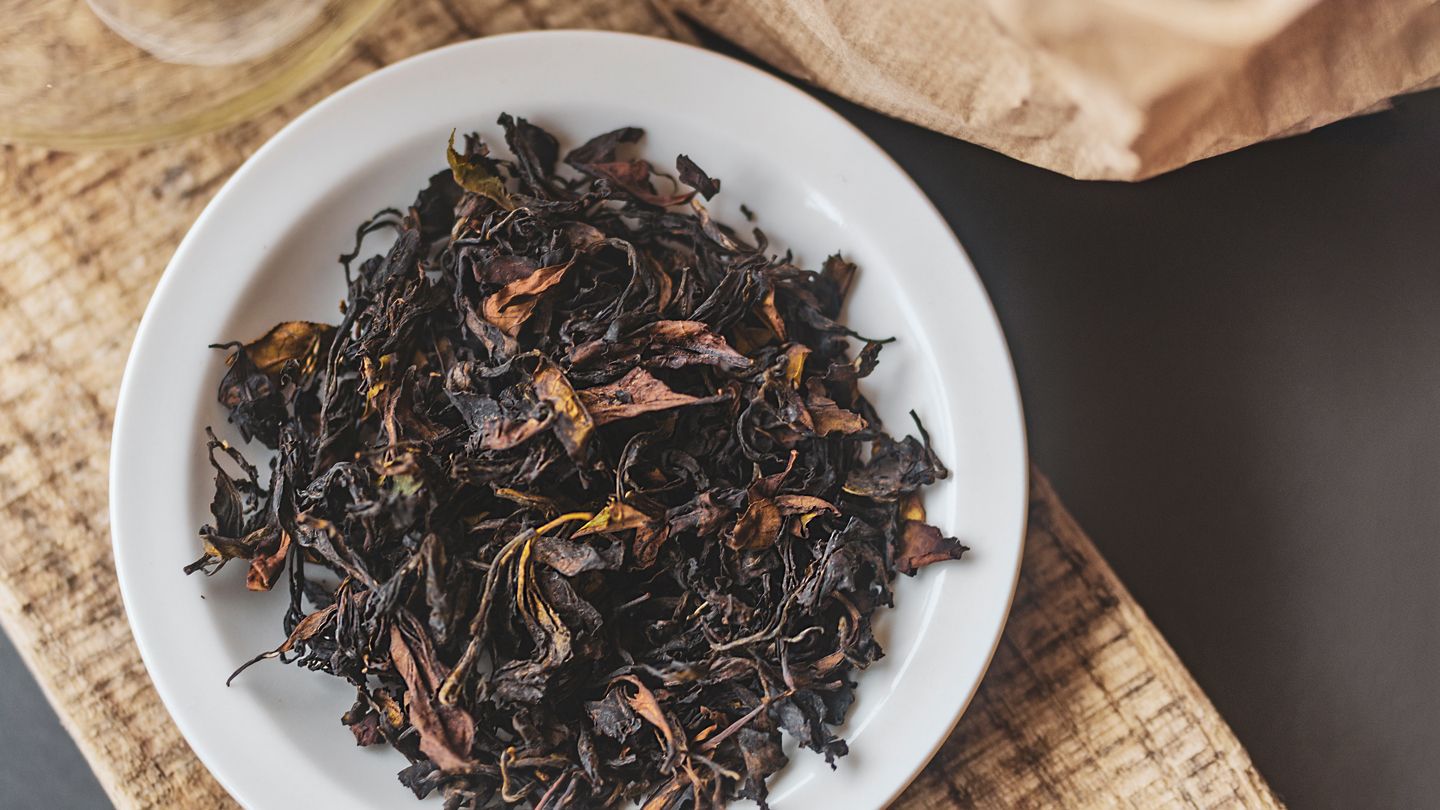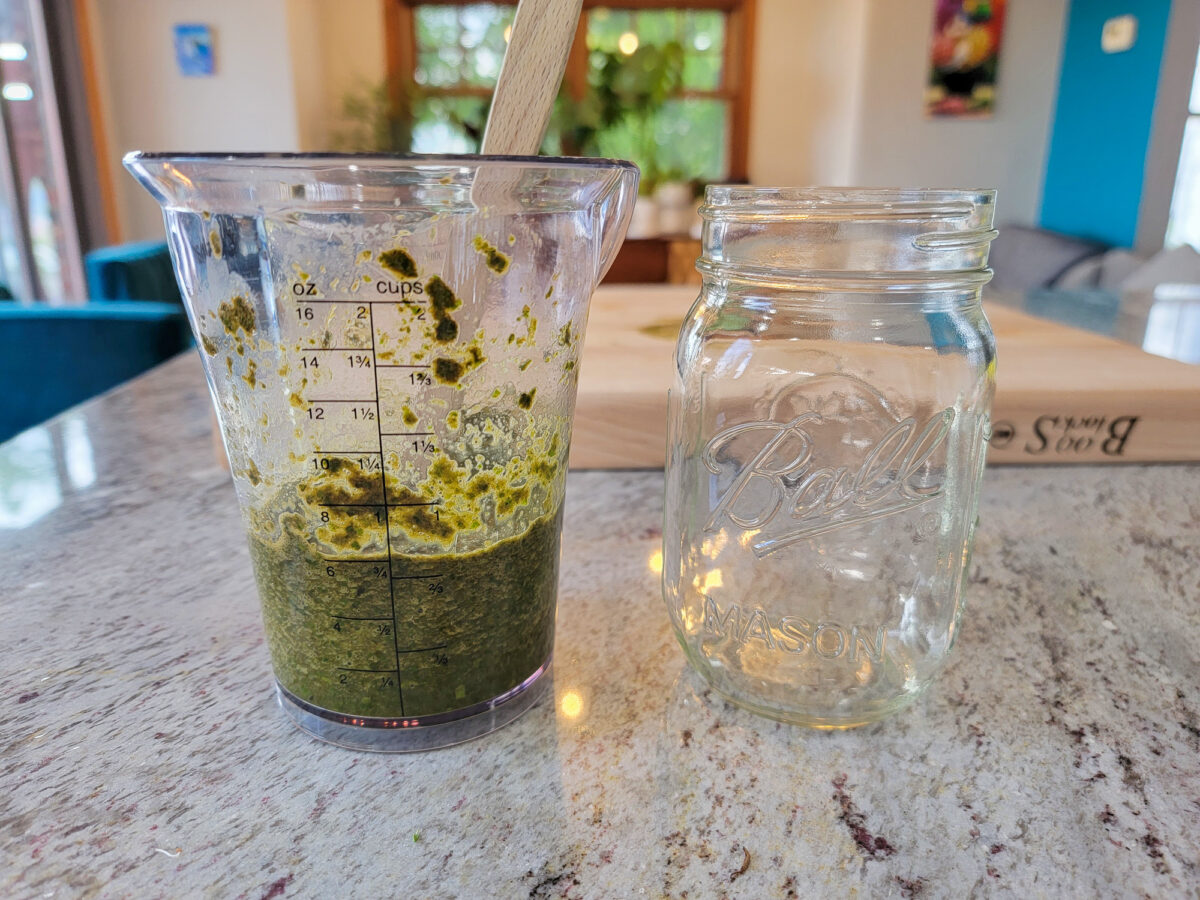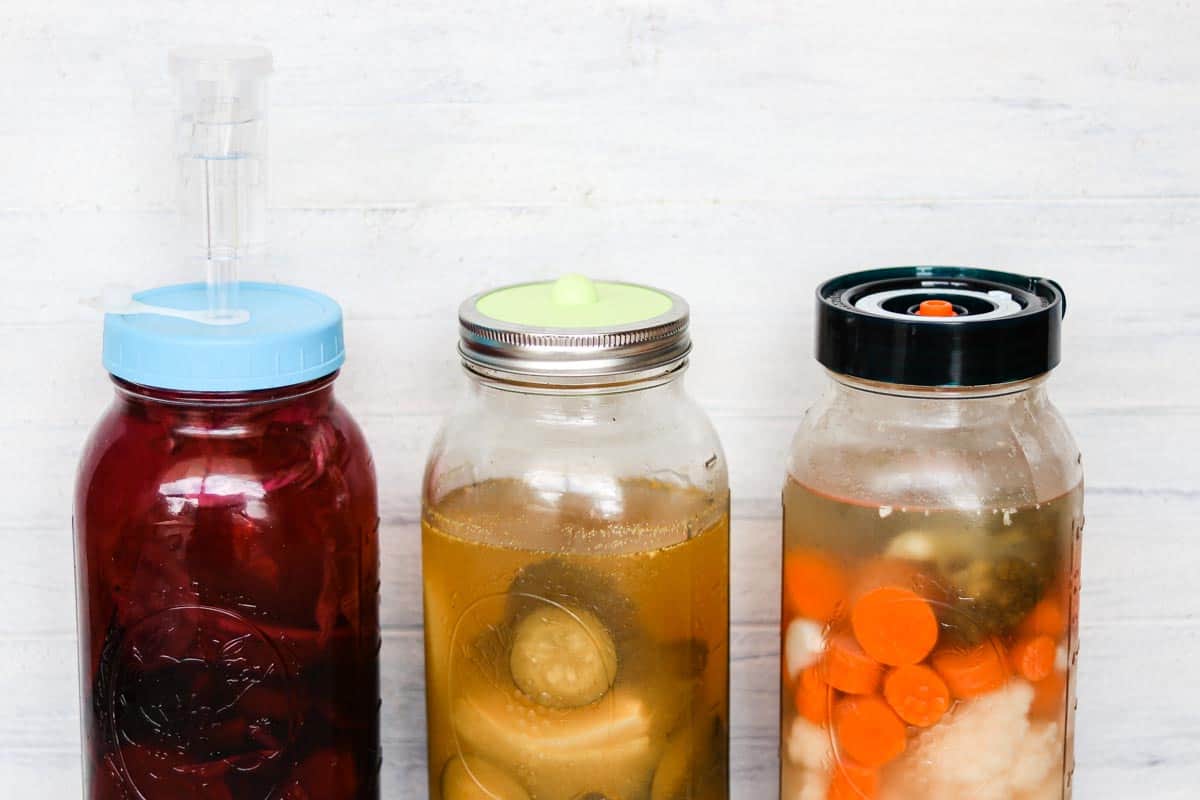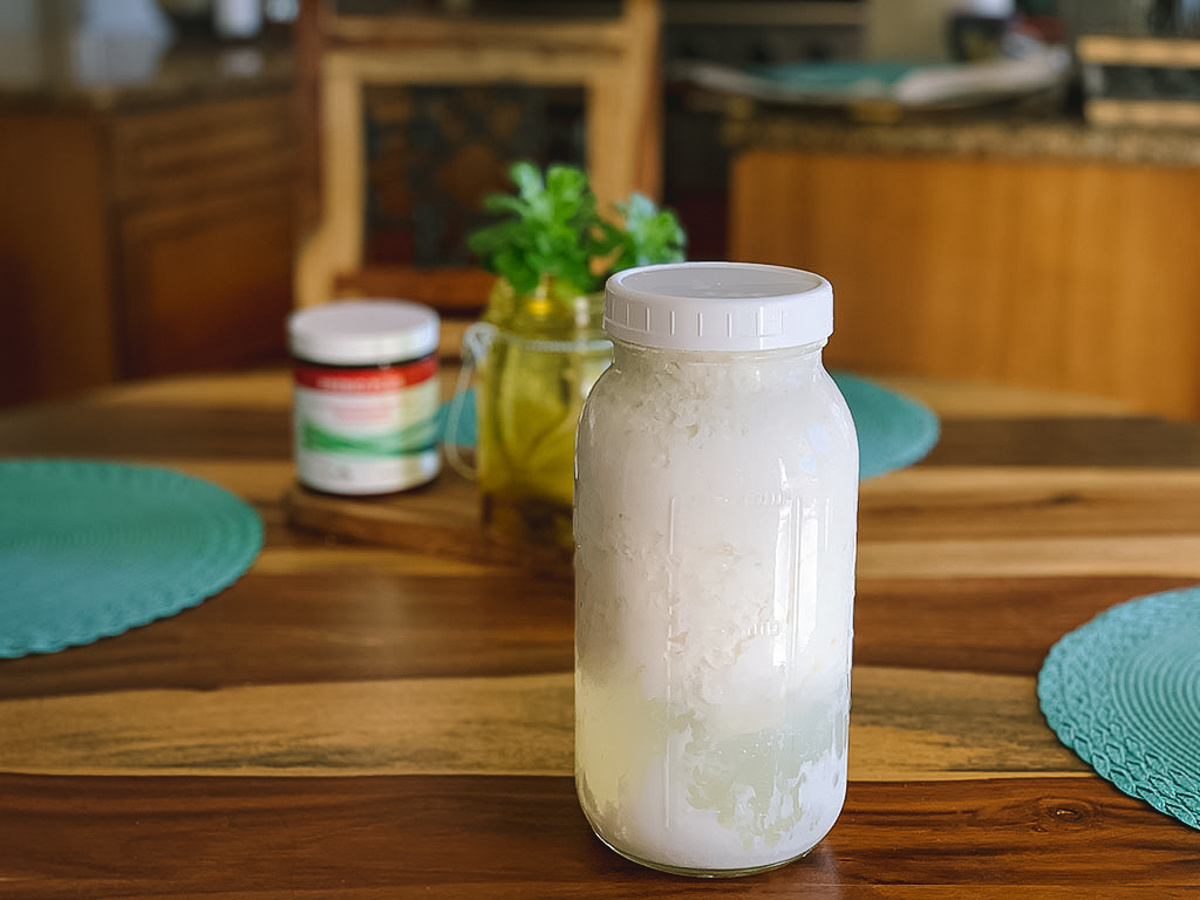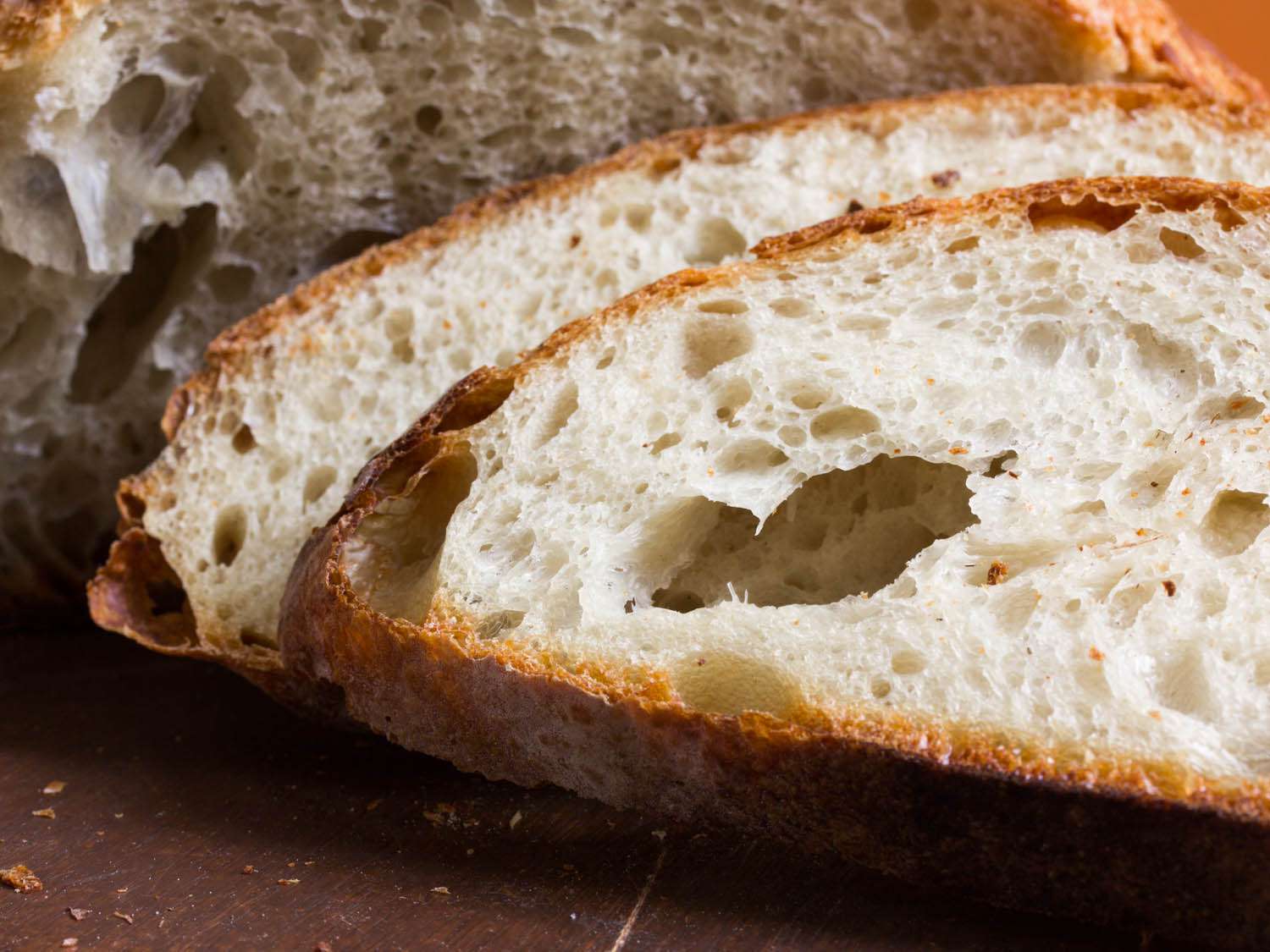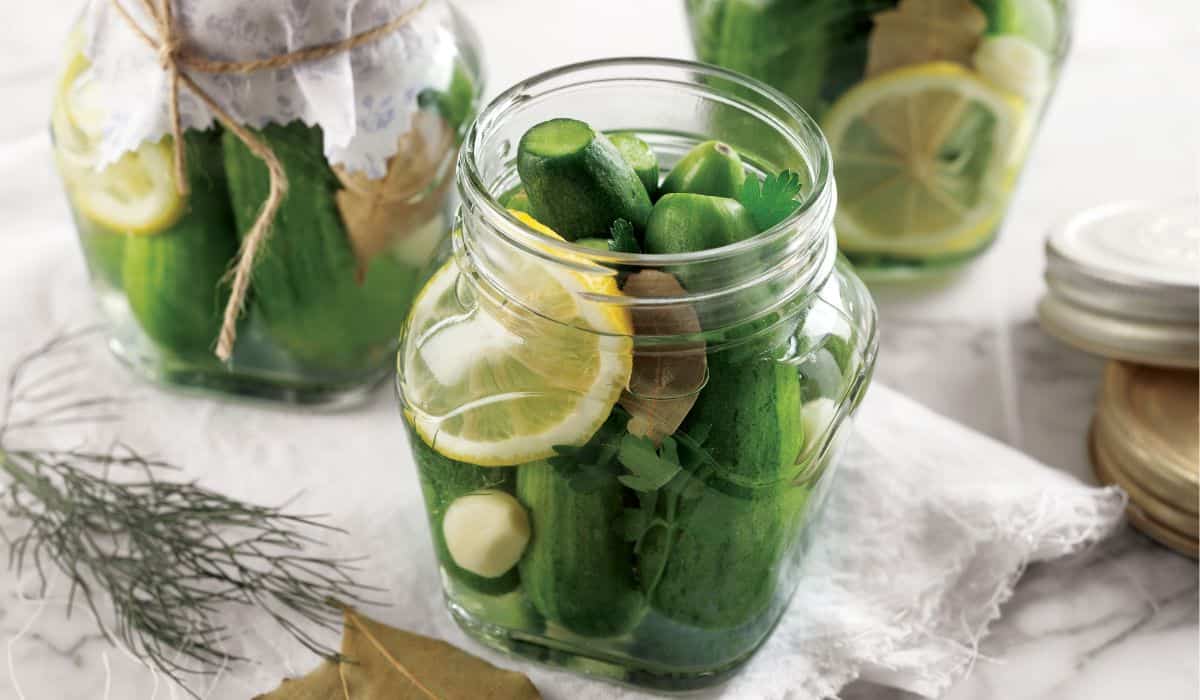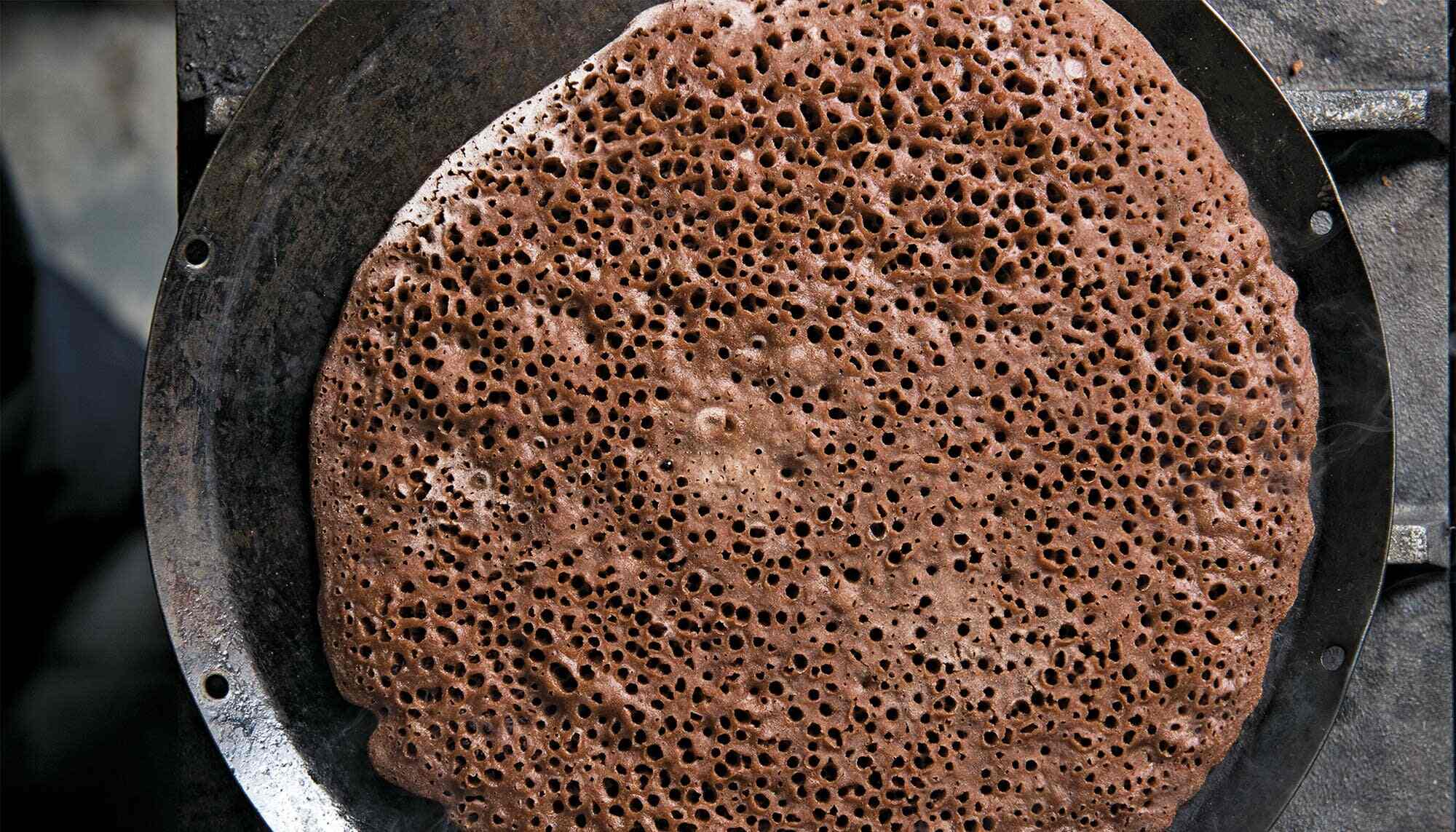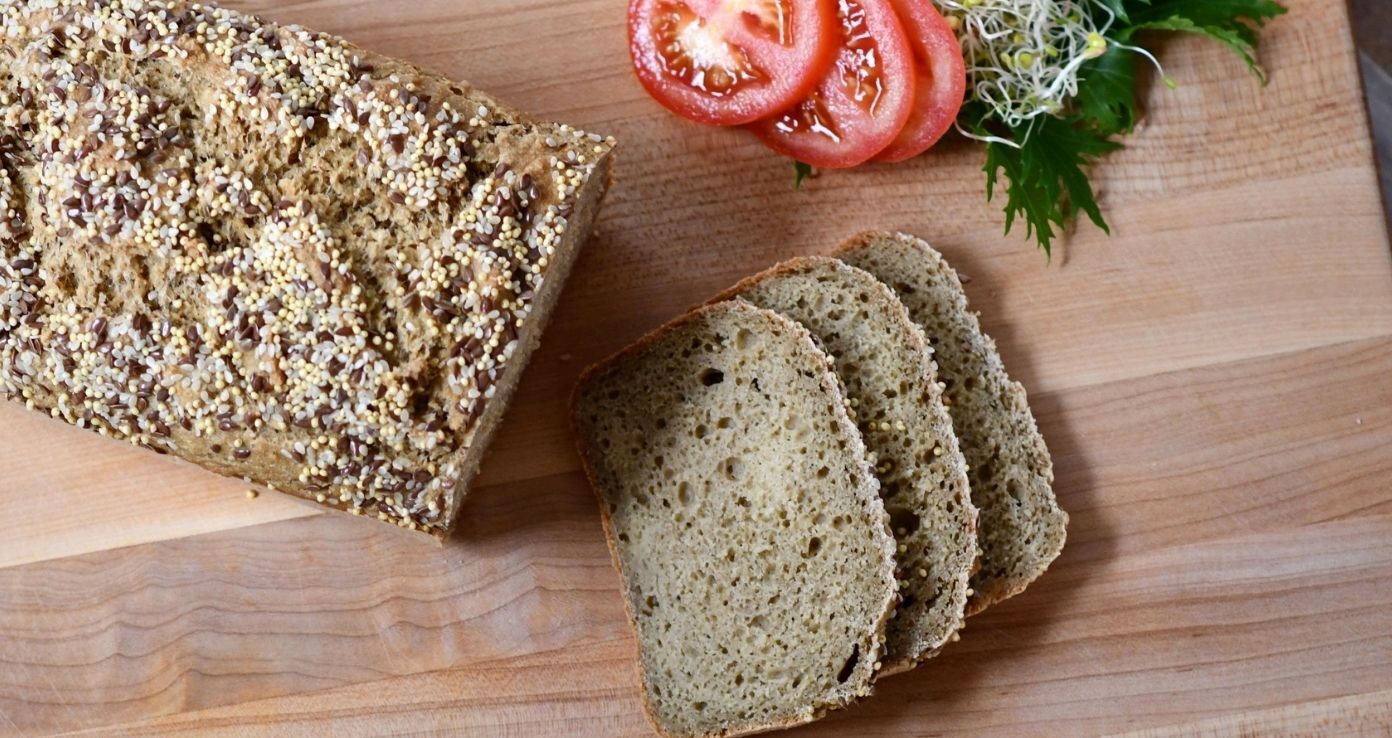What is Bamboo Tea?
Bamboo tea is a unique and refreshing beverage made from the leaves of the bamboo plant. It is known for its light and grassy flavor, as well as its potential health benefits. One of the most interesting aspects of bamboo tea is that it can be fermented, which adds depth and complexity to its flavor profile.
Why Ferment Bamboo Tea?
Fermenting bamboo tea can enhance its taste and aroma, as well as introduce probiotics that are beneficial for gut health. The fermentation process also helps to break down the tea leaves, making the nutrients more accessible for our bodies to absorb.
How to Ferment Bamboo Tea
Now that we understand the benefits of fermenting bamboo tea, let’s delve into the process of doing so:
- Harvest Fresh Bamboo Leaves: The first step is to harvest fresh bamboo leaves. Choose young and tender leaves for the best flavor.
- Wither the Leaves: Spread the bamboo leaves in a thin layer and let them wither for a few hours. This helps to reduce the moisture content and prepare the leaves for fermentation.
- Fermentation: Place the withered bamboo leaves in a clean, airtight container. Add a starter culture such as a SCOBY (symbiotic culture of bacteria and yeast) or a small amount of fermented bamboo tea from a previous batch. Seal the container and let it ferment at room temperature for 3-7 days, depending on your desired level of fermentation.
- Monitor the Fermentation: Check the container daily to release any built-up gases and to ensure that the leaves are fermenting properly. You may notice a change in color and aroma as the fermentation progresses.
- Strain and Enjoy: Once the bamboo leaves have reached the desired level of fermentation, strain the tea and discard the leaves. The fermented bamboo tea is now ready to be enjoyed!
Tips for Fermenting Bamboo Tea
Here are some additional tips to keep in mind when fermenting bamboo tea:
- Use Clean Equipment: It is important to use clean and sanitized containers and utensils to prevent the growth of harmful bacteria during the fermentation process.
- Experiment with Flavors: Feel free to experiment with different flavor additions during the fermentation process, such as ginger, citrus peels, or herbs, to create unique and personalized blends of fermented bamboo tea.
- Store Properly: Once the tea is fermented, store it in the refrigerator to slow down the fermentation process and preserve its flavor and probiotic content.
Health Benefits of Fermented Bamboo Tea
In addition to its delightful flavor, fermented bamboo tea offers a range of potential health benefits, including:
- Probiotics: The fermentation process introduces beneficial probiotics that support gut health and digestion.
- Antioxidants: Bamboo tea is rich in antioxidants, which help to combat oxidative stress and reduce the risk of chronic diseases.
- Nutrient Absorption: The fermentation process breaks down the tea leaves, making the nutrients more easily absorbed by the body.
Conclusion
Fermenting bamboo tea is a simple and rewarding process that can elevate the flavor and health benefits of this unique beverage. By following the steps outlined above and experimenting with different flavors, you can create your own delicious and probiotic-rich fermented bamboo tea at home. So, go ahead, harvest some fresh bamboo leaves, and embark on your fermentation journey to enjoy the delightful taste and potential health perks of fermented bamboo tea!
Was this page helpful?
Read Next: How To Ferment Sweet Potato Pulp?
